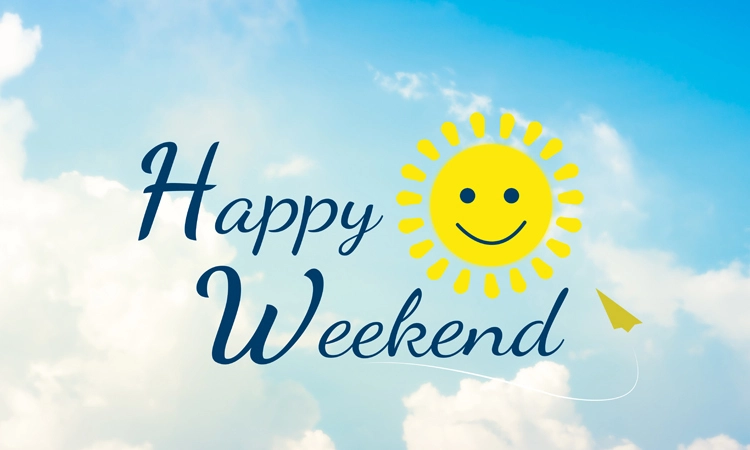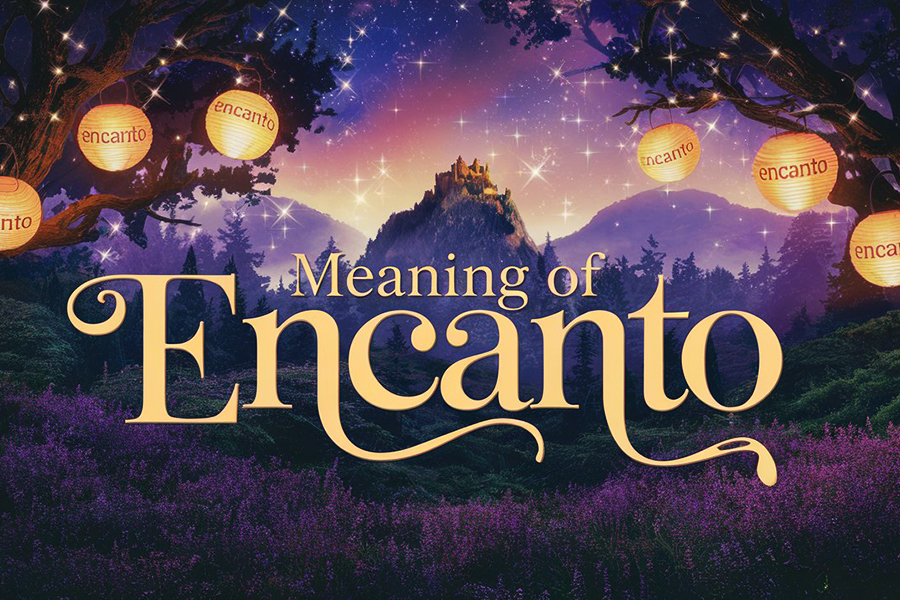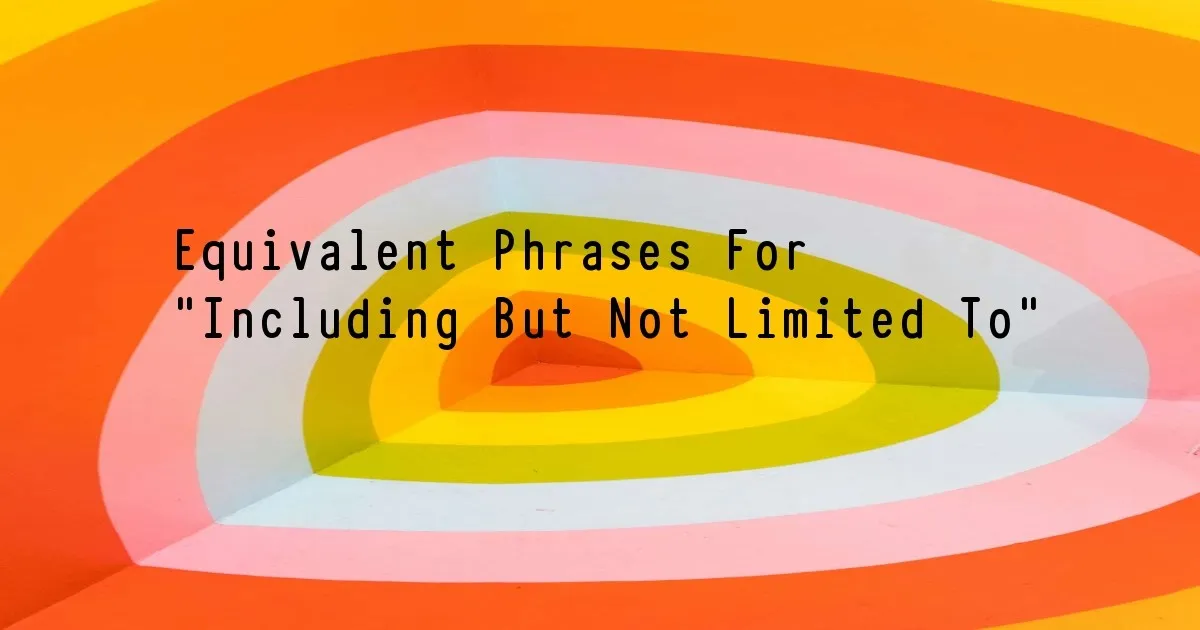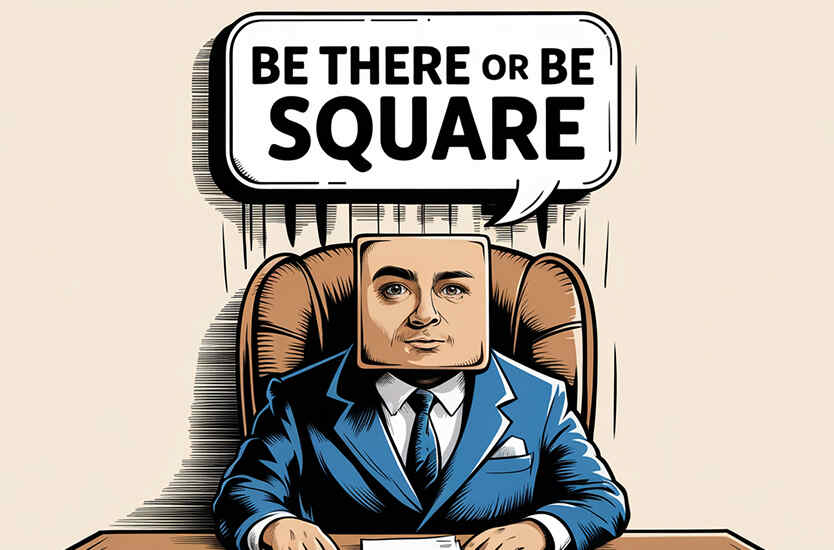Elevate Your Music Education: Essential Music Books and the Best Music Theory Textbook
Music education is a journey that opens up a world of creativity, discipline, and joy. Whether you are a student, teacher, or enthusiast, the right resources can significantly enhance your learning experience. This article will guide you through essential music books and highlight the best music theory textbook to support your musical growth and understanding.
The Importance of Music Books in Education
Music books are invaluable resources for anyone looking to deepen their knowledge and skills. They provide structured learning, detailed explanations, and practical exercises that help solidify your understanding. By incorporating music books into your study routine, you can gain insights into various aspects of music, from theory and history to technique and performance.
Essential Music Books for Every Musician
- “The Musician’s Way” by Gerald Klickstein: This book is a comprehensive guide to practicing, performing, and teaching music. It offers practical advice on overcoming challenges, developing skills, and maintaining a healthy approach to music-making. Klickstein’s insights make it an essential read for musicians of all levels.
- “The Story of the Orchestra” by Robert Levine: Perfect for young learners, this book introduces children to the orchestra, its instruments, and famous composers. It comes with a CD of music excerpts, making it an interactive learning experience. It’s an excellent resource for parents and teachers looking to spark an interest in classical music.
- “This Is Your Brain on Music” by Daniel J. Levitin: This fascinating book explores the connection between music and the brain. Levitin, a neuroscientist and musician, delves into how music affects our emotions, cognition, and overall brain function. It’s a must-read for those interested in the science behind music.
- “The Elements of Music” by Jason Martineau: This illustrated guide to music theory is both visually appealing and informative. It covers the fundamental elements of music, such as melody, harmony, and rhythm, in an accessible and engaging way. It’s ideal for beginners and those looking to refresh their theoretical knowledge.
- “How Music Works” by David Byrne: Byrne, the former Talking Heads frontman, explores the mechanics of music from various angles, including its history, creation, and impact on society. His unique perspective makes this book an insightful and enjoyable read for music enthusiasts.
- “Musicophilia: Tales of Music and the Brain” by Oliver Sacks: In this collection of essays, neurologist Oliver Sacks examines the profound effects of music on the human brain. Through fascinating case studies, he explores topics like musical hallucinations, amusia, and the therapeutic potential of music. It’s an enlightening read for anyone intrigued by the intersection of music and neuroscience.
- “The Jazz Standards: A Guide to the Repertoire” by Ted Gioia: For those interested in jazz, this book provides insights into 250 jazz standards. It explores the history, significance, and notable recordings of each piece, making it a valuable resource for both listening and learning.
The Best Music Theory Textbook: “Tonal Harmony” by Stefan Kostka and Dorothy Payne
When it comes to music theory, having a reliable and comprehensive textbook is crucial. “Tonal Harmony” by Stefan Kostka and Dorothy Payne is widely regarded as one of the best music theory textbooks available. Here’s why it stands out:
- Comprehensive Coverage: “Tonal Harmony” covers all essential aspects of music theory, including scales, chords, harmonic progression, voice leading, and form. Its thorough approach ensures that students gain a deep understanding of both the fundamental and advanced concepts of tonal music.
- Clear Explanations: The authors provide clear and detailed explanations of complex theoretical concepts. Their writing style is accessible, making it easier for students to grasp challenging material. Each chapter builds on the previous one, creating a logical and coherent progression through the topics.
- Practical Exercises: The textbook includes numerous exercises and examples that reinforce learning. These practical applications help students apply theoretical concepts to real music, enhancing their analytical and compositional skills.
- Historical Context: “Tonal Harmony” places a strong emphasis on the historical context of the music it discusses. By understanding the evolution of harmonic practices, students can appreciate the development of Western music and its theoretical foundations.
- Supplemental Resources: The textbook is accompanied by a range of supplemental resources, including a workbook, online exercises, and audio examples. These additional materials provide further opportunities for practice and reinforce the concepts covered in the book.
- Adaptability: Whether you are a high school student, college music major, or self-taught musician, “Tonal Harmony” is adaptable to various learning environments. Its comprehensive approach makes it suitable for both classroom use and independent study.
Practical Application: Integrating “Tonal Harmony” into Your Study Routine
To make the most of “Tonal Harmony,” consider the following study strategies:
- Set a Schedule: Dedicate regular time each week to studying music theory. Consistency is key to retaining information and building a solid understanding of the material.
- Work Through Chapters Methodically: Follow the chapters in order, as each one builds on the previous content. Take your time to thoroughly understand each concept before moving on to the next.
- Complete Exercises: Engage with the exercises and examples provided in the textbook. These practical applications reinforce your learning and help you apply theoretical concepts to real music.
- Use Supplemental Resources: Take advantage of the workbook and online resources that accompany the textbook. These additional materials offer further practice opportunities and can clarify any areas where you need extra help.
- Analyze Music: Apply your theoretical knowledge by analyzing real pieces of music. This will help you see how theoretical concepts are used in practice and deepen your understanding of musical structure and harmony.
Conclusion
Incorporating essential music books and the best music theory textbook into your educational journey can significantly enhance your understanding and appreciation of music. Books like “The Musician’s Way,” “This Is Your Brain on Music,” and “How Music Works” provide valuable insights and inspiration, while “Tonal Harmony” offers a comprehensive and practical approach to mastering music theory. By utilizing these resources and integrating them into a structured study routine, you can elevate your music education and achieve a deeper, more nuanced understanding of the art form.

Recent Post
What is The Meaning of a Medusa Tattoo?
January 9, 2025
The Meaning of Encanto in Spanish and Origin
January 4, 2025
Equivalent Phrases For “Including But Not Limited To”
December 30, 2024
How To Make Weekend Greetings More Fun?
December 30, 2024
10 Modern Sayings Similar To “Be There Or Be Square”
December 30, 2024








